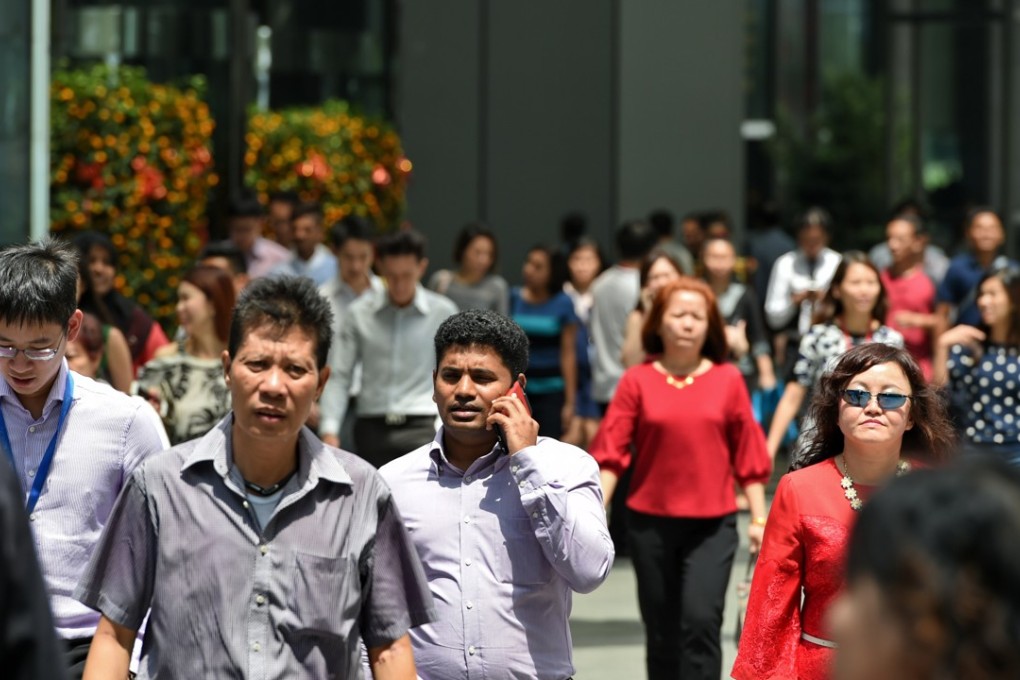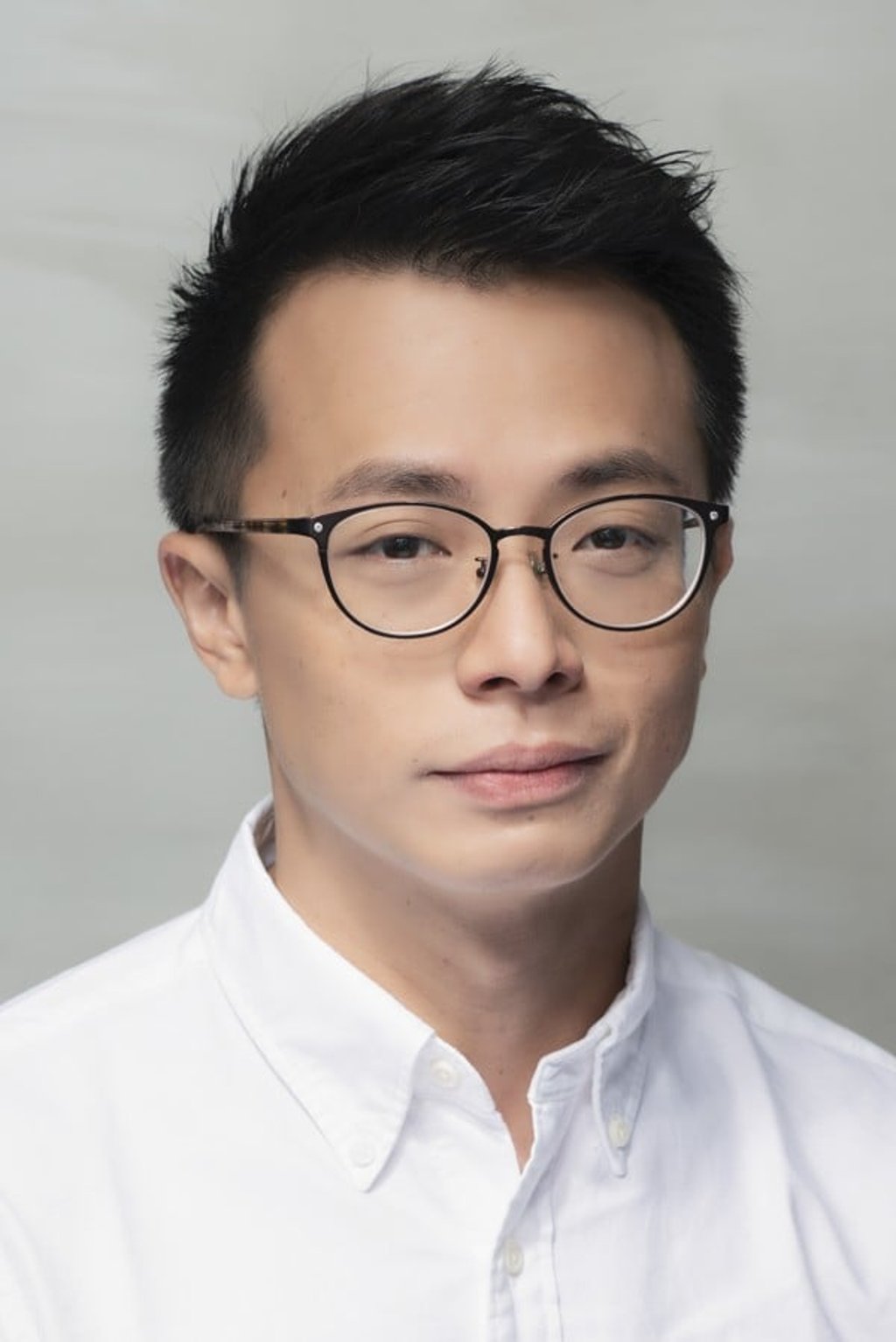Singapore’s university challenge: to value skills as much as degrees
The Lion City is doing its best to encourage its citizens that vocational training is as worthy as university study – but social stigmas remain, even for high-flyers

One week before Sean Lee started his campus life, he pulled out of university. He preferred to pursue photography, a hobby he picked up right after junior college.
“I was not good at anything, and average at everything. I had to study very hard to get my grades, and even though I ran 12km every day, I couldn’t make the school cross-country team,” he said. “But I had a feeling that I’d be good at photography.”
For years, his instinct seemed more crazy than clever. “I had zero assignments for a few years. Then I saw all my graduate friends getting high-flying jobs. That’s when I regretted not going to university,” said Lee, 33.

With no commercial jobs to do, slogging as a photography assistant without a salary and working as a waiter in a bar at night, he started passion projects – taking photos of his family and transgender people in Cambodia, including dressing up as one for a stint.
Slowly, he received a steady stream of work and over the past seven years, he has grown a loyal client base that is still expanding. “It’s tough work and income can be unpredictable as an independent photographer, but I’m happy now,” he said.